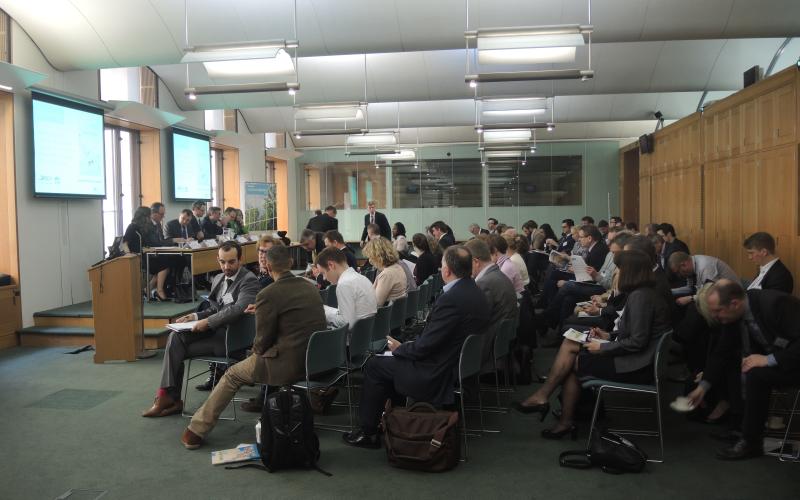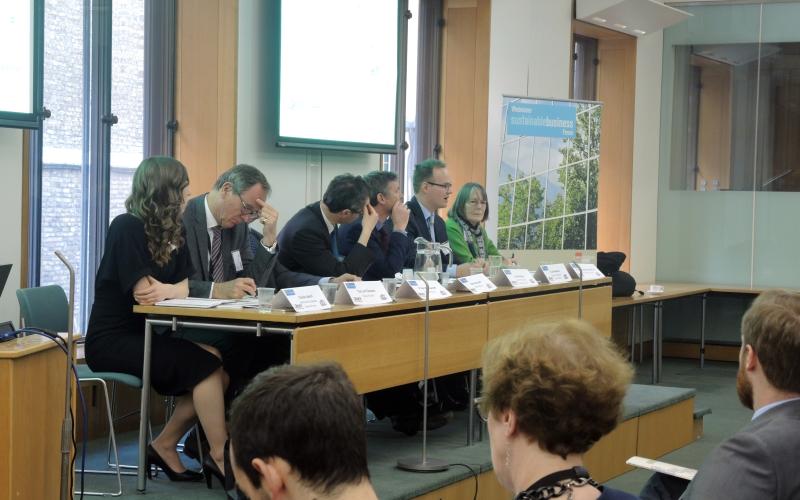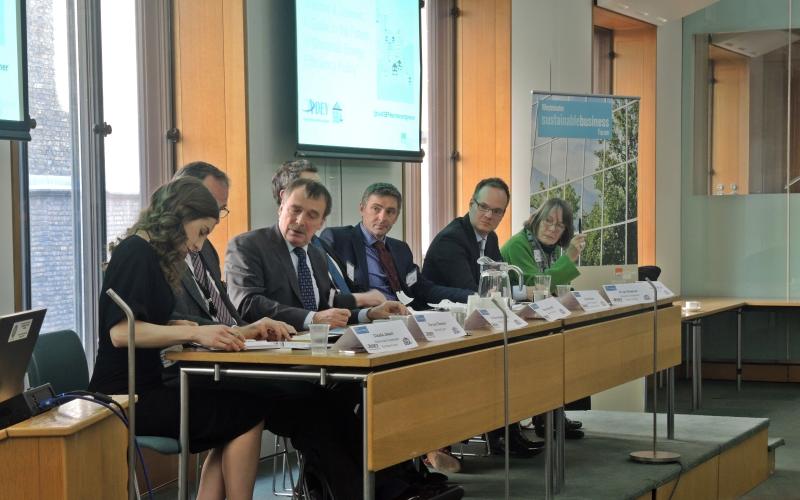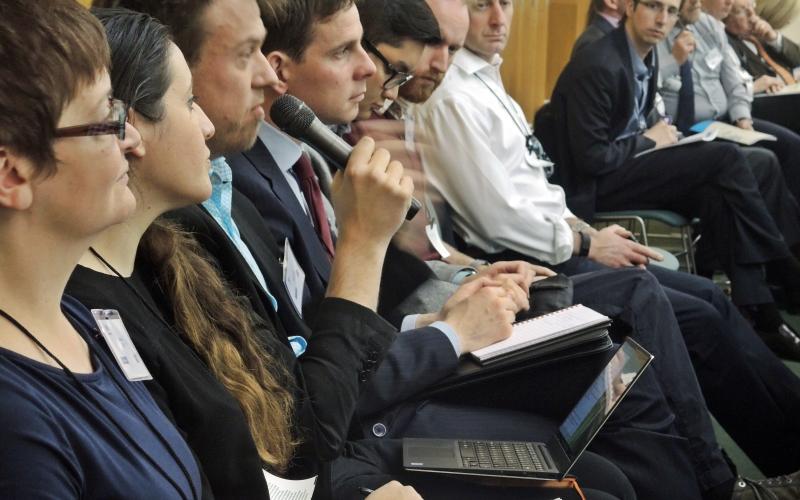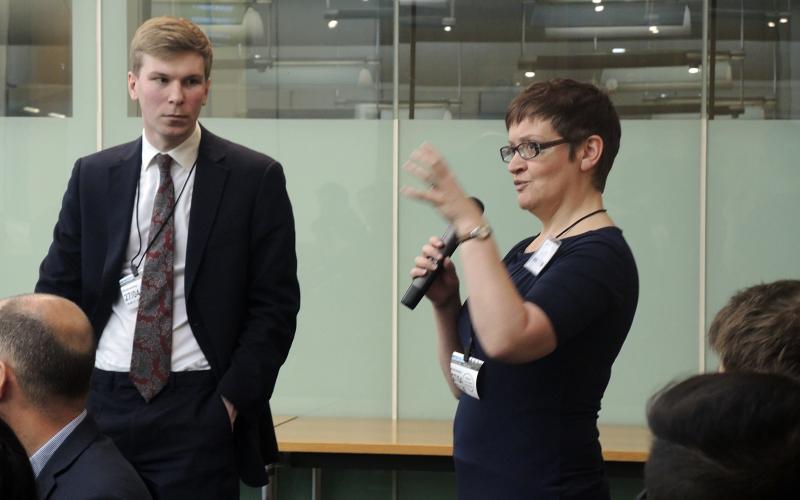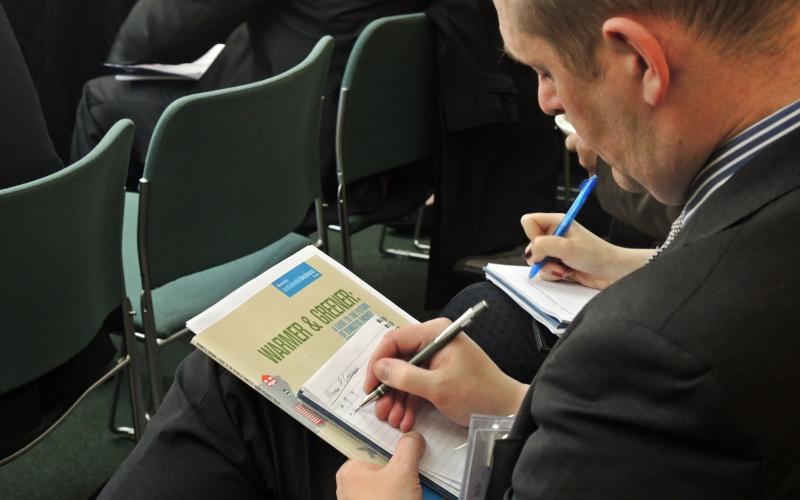Warmer & Greener: A guide to the future of domestic energy efficiency policy
The WSBF has published a new report. Co-Chaired by Peter Aldous MP and Dr Alan Whitehead MP this report provides an evidence-based, authoritative signpost for the future of domestic energy efficiency. It will inform the learning process from past energy efficiency initiatives and make a substantial contribution to future policy development in this area.
Following on from the report Building Efficiency: Reducing energy demand in the commercial sector, the Westminster Sustainable Business Forum (WSBF) has undertaken a follow-up research inquiry to investigate how current domestic energy efficiency incentives operate in practice and what different options to reform or re-design respective policies and schemes could look like. Warmer & Greener: A guide to the future of domestic energy efficiency policy was formally launched on 27 April in Parliament at a panel debate chaired by Peter Aldous MP and Dr Alan Whitehead MP and featured representatives from Parliament, Industry and Academia.
Co-Chairs
Peter Aldous MP and Dr Alan Whitehead MP
Steering Group
- ADEY
- British Board of Agrément
- Cambridge Econometrics
- The Committee on Climate Change
- SGN
- UCL Energy Institute
- UK Energy Research Centre
- Wei Yang & Partners
- Willmott Dixon
The main themes discussed in the report are:
- The need to increase the energy efficiency of people’s homes to tackle fuel poverty and reduce greenhouse gas emissions (the Warmer & Greener concept).
- The need to both build on what has been achieved so far in this area and learn from problems with past policies.
- The extensive potential for the ‘smart’ use of regulation to drive improvements across different housing sectors: new build, private rented sector, owner occupied and social housing.
- The need for effective financial mechanisms which help low income and fuel poor households to pay for efficiency measures and incentivise better off households to install them.
- The need for effective advice and information to engage people with the idea of domestic energy efficiency improvements, ensure that they install the right measures and maximise the effectiveness of measures once they are in place.
- The need for government policy to support the development of a vibrant and self-sufficient energy efficiency industry.
